When I moved to the coast of Cote d’Azur, France I got overwhelmed by the amount of plastic trash that would get washed up on the shores during the winter months. I used to go the sea almost every day for a jog and found myself asking the same questions:”Why is this beautiful beach so dirty? Why do we make so much plastic waste? Will anyone ever clean this beach???” These negative thoughts didn’t let me enjoy my jogs, and they definitely didn’t make the beach cleaner. So instead of complaining, I decided to take the initiative and clean up the beach myself. I began to alternate my regular jogging routine with picking up trash, and little by little the beach became cleaner.
The most incredible thing happened when I noticed other people starting to pick up plastic trash at the beach as well. This made me realize that if you want to see a change in this world, you need to start with yourself and set an example. Many people also want to live in a clean world, and sometimes a little motivation is all that is needed.
I also decided to take other initiatives and reduce my personal use of plastic items as much as possible. I started using bamboo toothbrushes, silk tooth-floss, soap bars, solid shampoo & conditioner bars, reusable cotton bags, and glass instead of plastic. But i couldn’t find a good dishwashing sponge. So i decided to make my own. For the past 2 years I’ve been developing a kitchen sponge that is 100% natural and biodegradable, and of course plastic free.
More info: spongik.com
Cleaning the beach in Malta. Is easy and fun, especially when strangers are willing to help :)
Only 9% of all plastic ever produced gets recycled. Guess what happens with the rest 91%?
Got caught by a fishing rope in Greece. It weighted over 50kg. Around 1 million tons of fishing gear are discarded or lost in the ocean every year. Discarded nets, lines, and ropes now make up about 46% of the Great Pacific Garbage Patch.
Every day around 8 million pieces of plastic make their way into our oceans. The only way to prevent this is to use less plastic items, especially disposable ones.
Snorkelling for me is….plastic! You would be surprised how much plastic there is underwater! Not to mention microplastics….
Everyday I collect a bag of plastic trash at the shores of Antibes, France. If today every person would replace at least 1 plastic item with a non-plastic alternative, that would mean minus 7 billion plastic items. That’s big!
“When you see a problem that bothers you, don’t complain about it, find a solution. Be the solution” This is what I told this 80 year old man, when he mentioned that the beach is dirty. Guess what?! He helped me to clean it up.
Let’s clean-up our beautiful planet. Who is with me? It is not just about cleaning-up the beaches. It is about switching to zero-plastic alternatives.
When I started my journey to zero-plastic lifestyle, I couldn’t find a good natural sponge. So I decided to make it. For the past 2 years I was developing this zero-plastic dishwashing sponge that is 100% natural and biodegradable. Zero plastic and zero microplastics in your kitchen!
Plastic pollution from dish-washing sponges is often overlooked. However, it is an issue worth addressing. Disposed just after few weeks of use, kitchen sponges significantly contribute to non-recyclable plastic waste. Made out of 2 polyurethane polymers, conventional dishwashing sponges can’t be recycled, composed or biodegrade. Around 50 billion kitchen sponges are disposed annually, and will remain in the landfills for 52,000 years. Rethink how you wash your dishes, and switch to a natural kitchen sponge, instead of contributing to plastic pollution.
I applaud this young lady!! When I go to the beach for holiday, I love to walk to find seashells. I always bring at least 2 bags with me : one bag for my shells that I might find and one bag for any trash that I see. And if I don't walk but I see trash, I pick it up. Imagine how clean our beaches would be if everyone stopped littering and picked up trash that they spotted. This woman has the right idea. I hope it catches on.
Amazing!! So glad to hear that you also collect bags of plastic at the beaches! Yes, hopefully more and more people will start doing it :)
Load More Replies...I applaud this young lady!! When I go to the beach for holiday, I love to walk to find seashells. I always bring at least 2 bags with me : one bag for my shells that I might find and one bag for any trash that I see. And if I don't walk but I see trash, I pick it up. Imagine how clean our beaches would be if everyone stopped littering and picked up trash that they spotted. This woman has the right idea. I hope it catches on.
Amazing!! So glad to hear that you also collect bags of plastic at the beaches! Yes, hopefully more and more people will start doing it :)
Load More Replies...
 Dark Mode
Dark Mode 

 No fees, cancel anytime
No fees, cancel anytime 



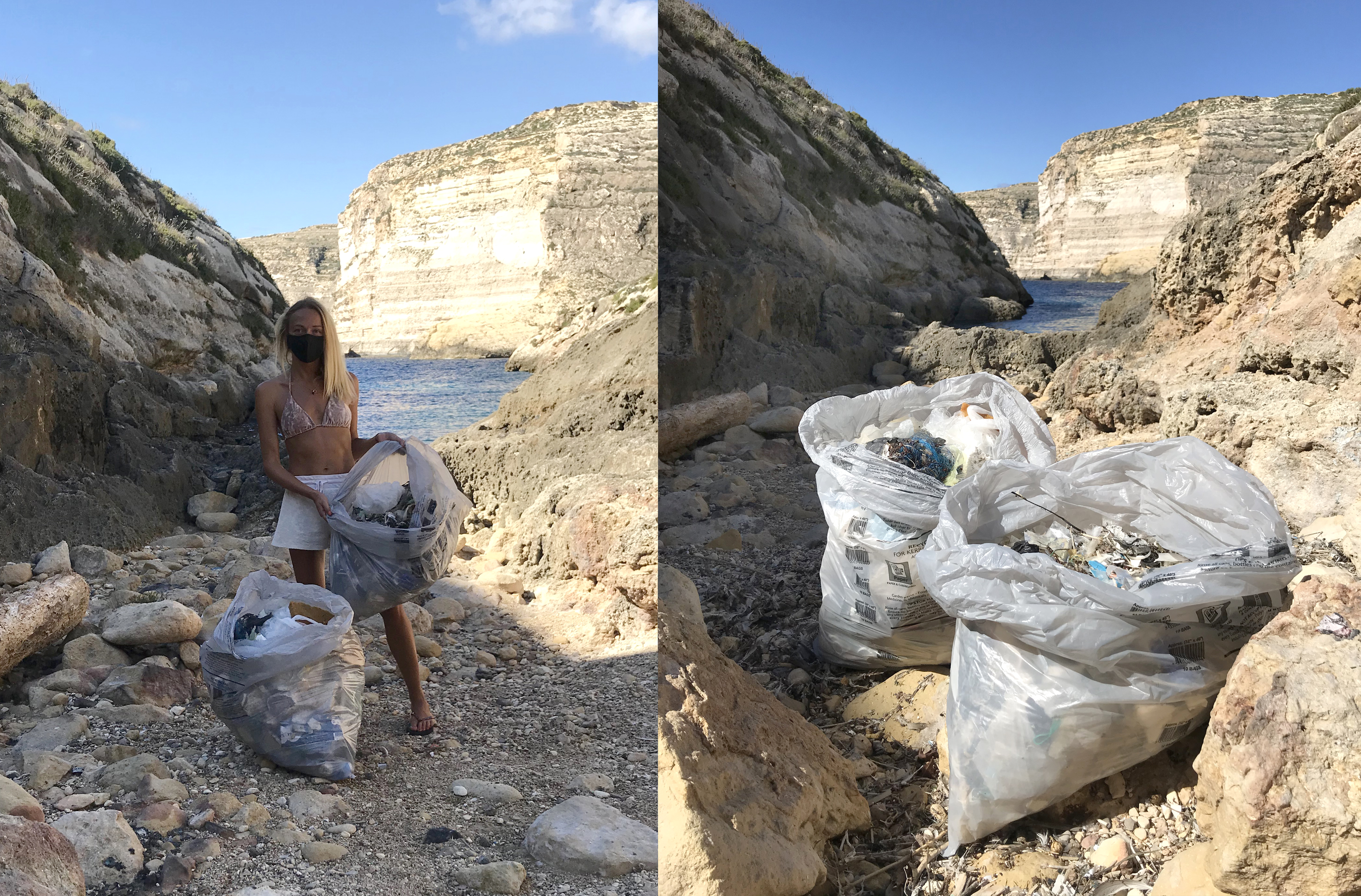
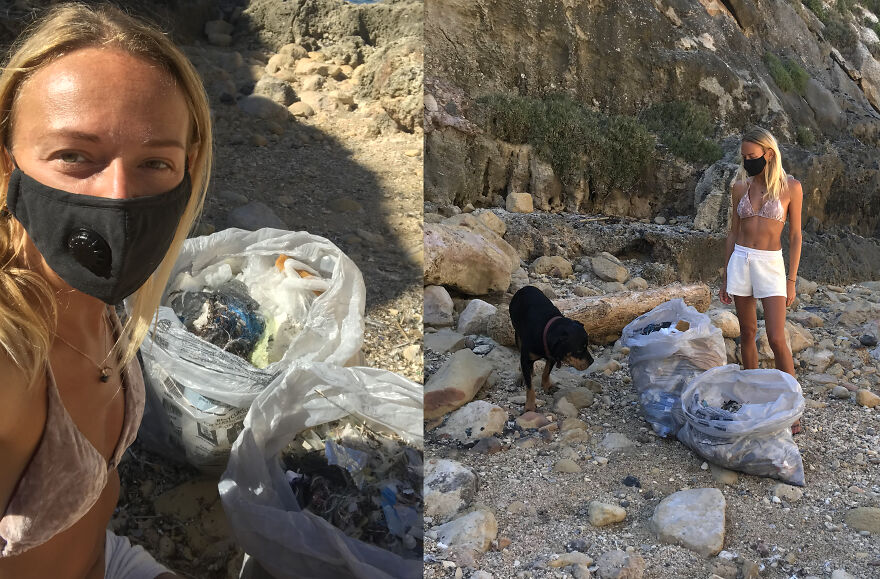
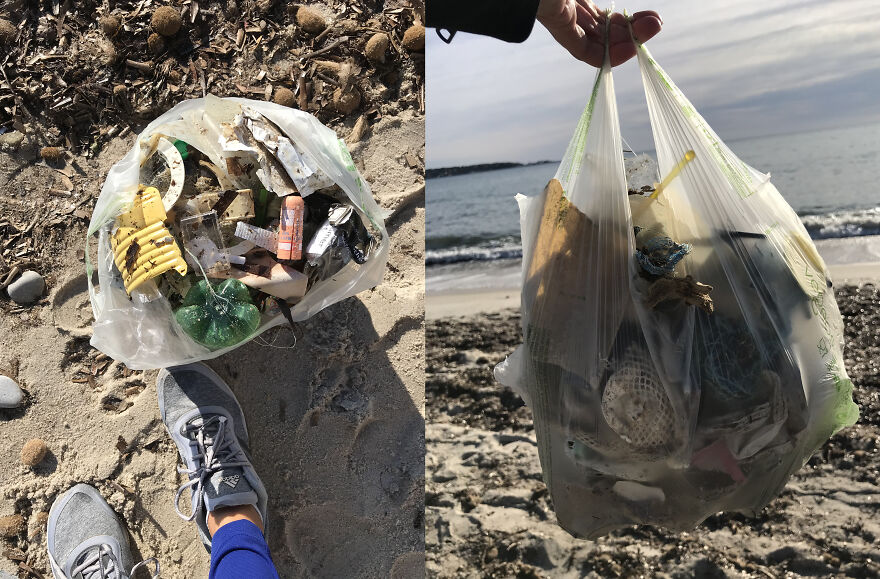
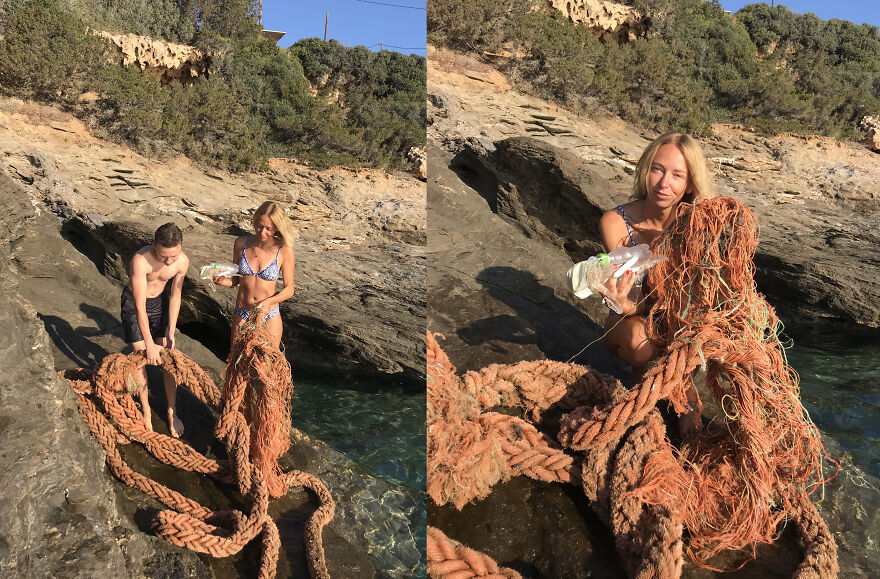
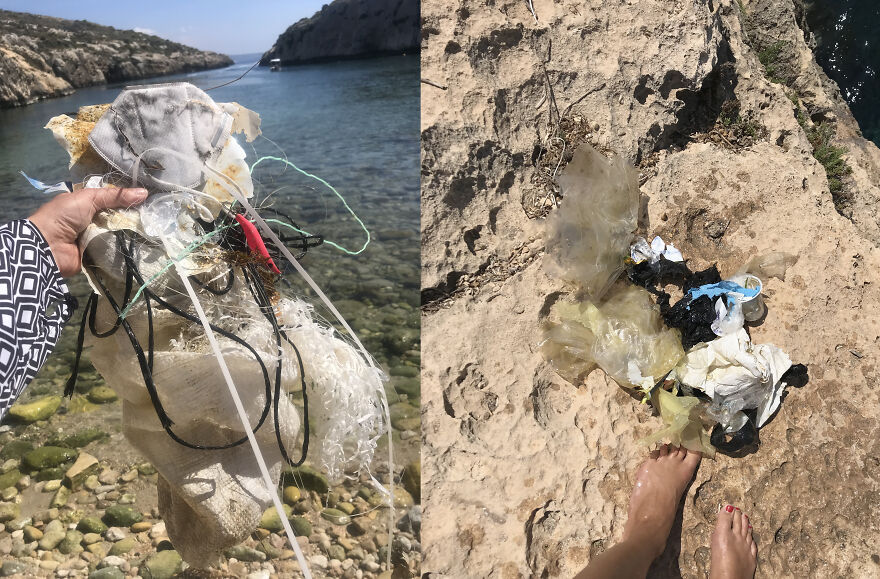
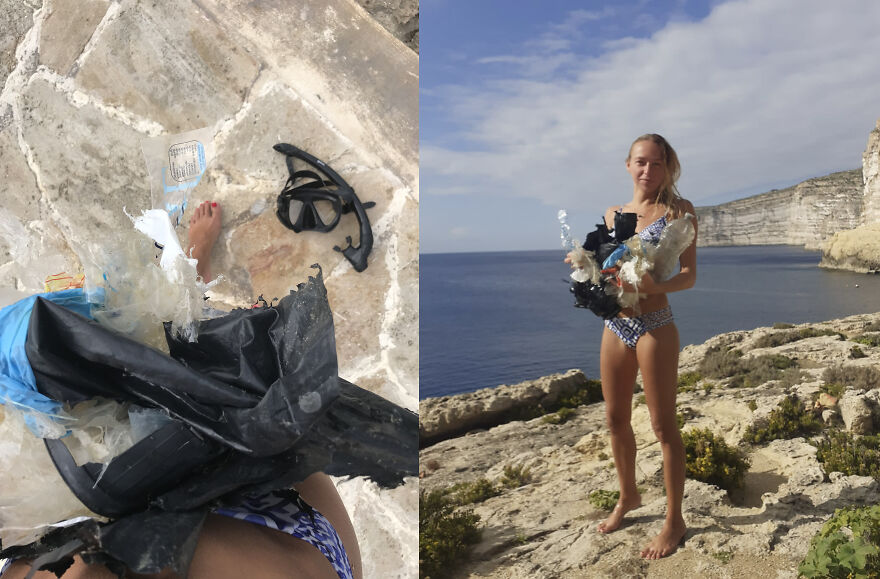
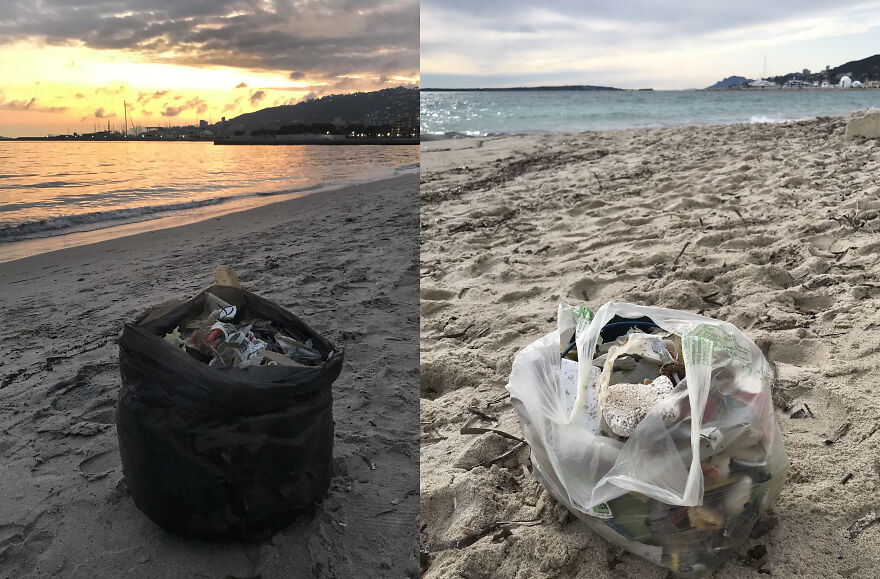
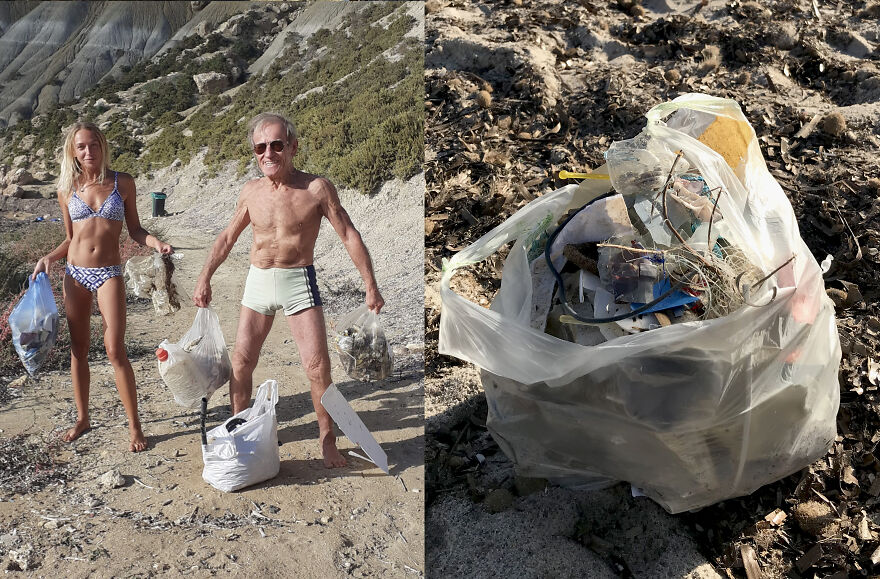
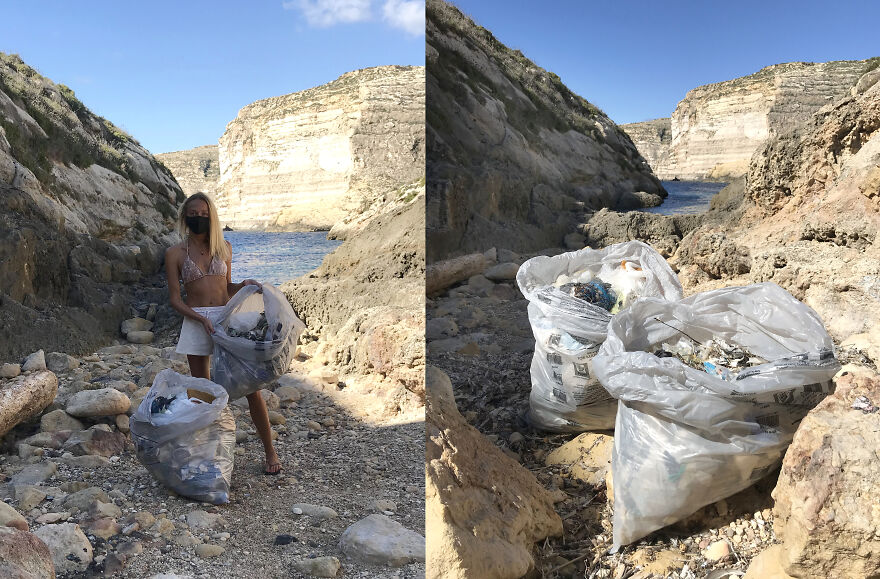
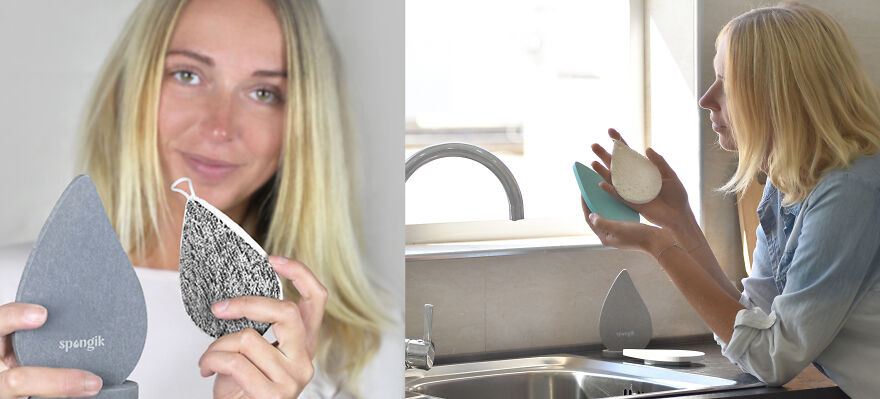






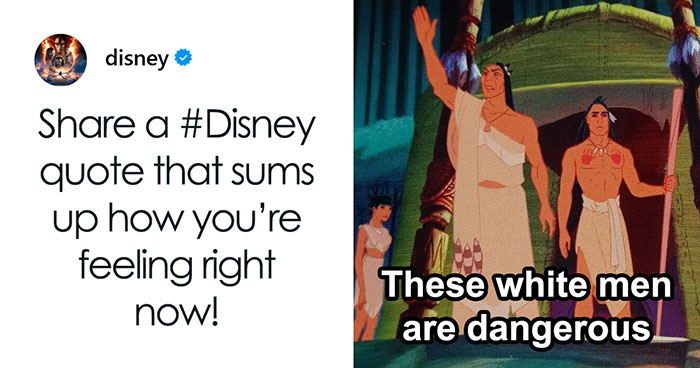
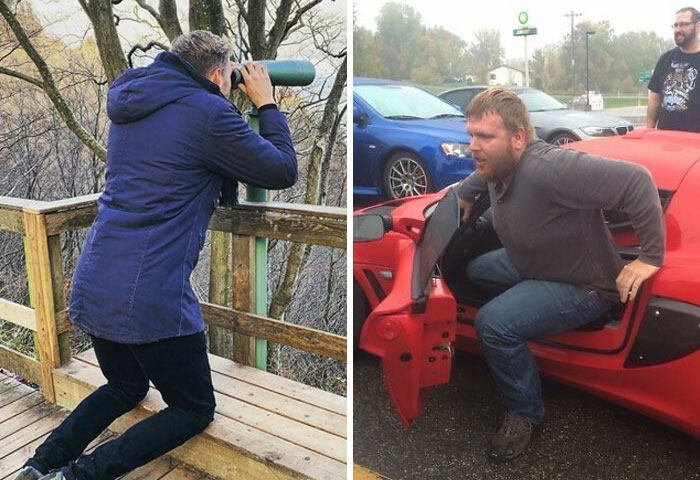
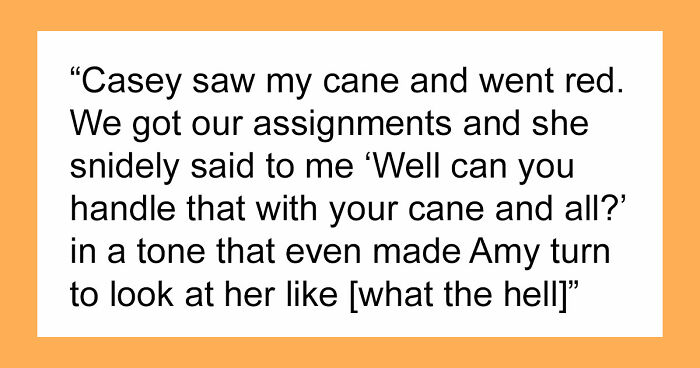
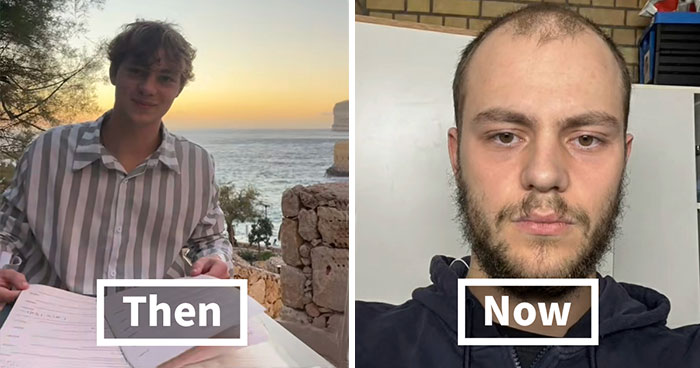
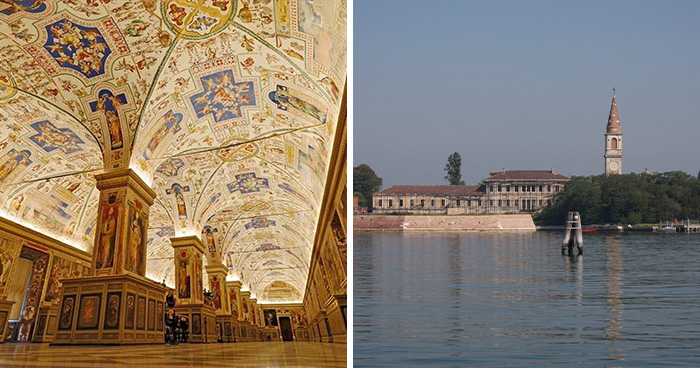
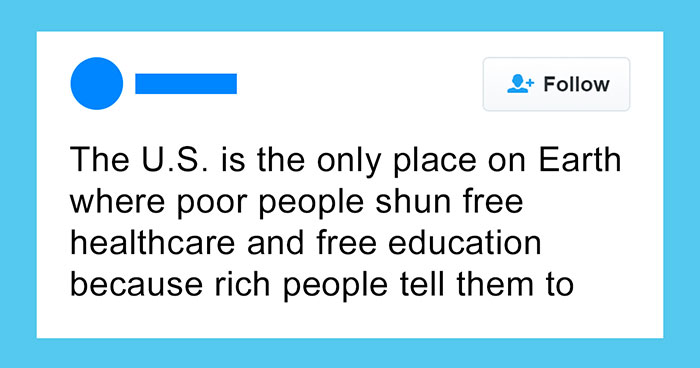
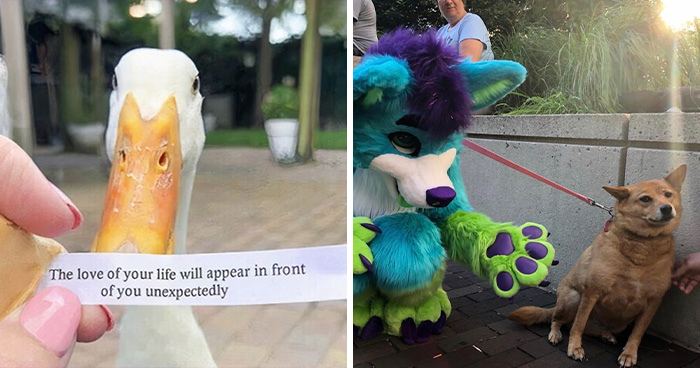

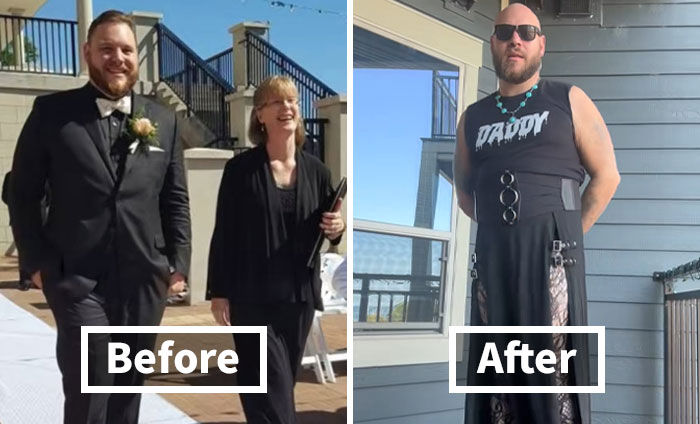
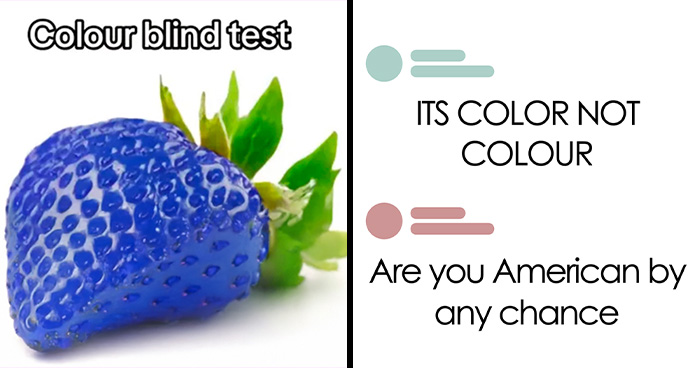

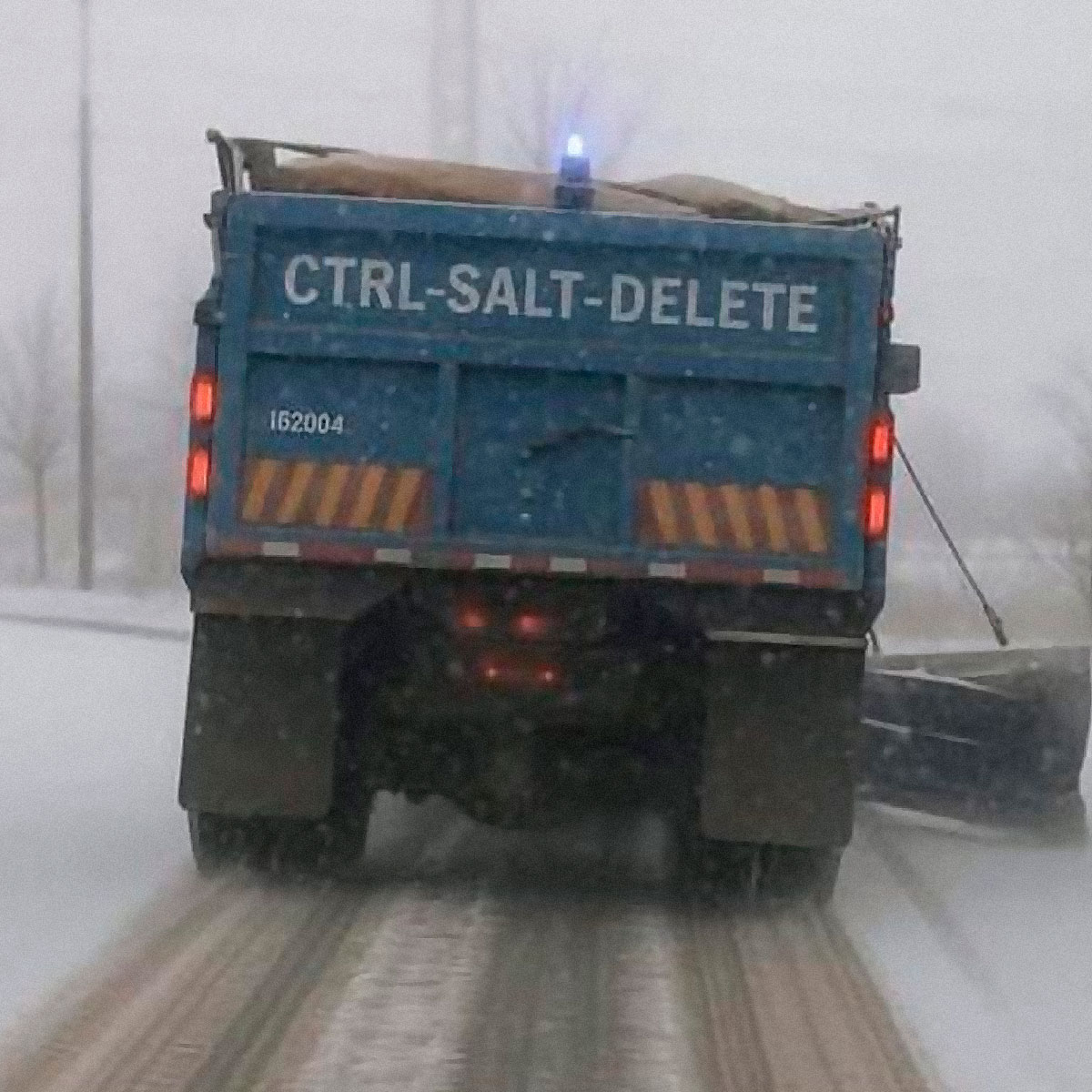

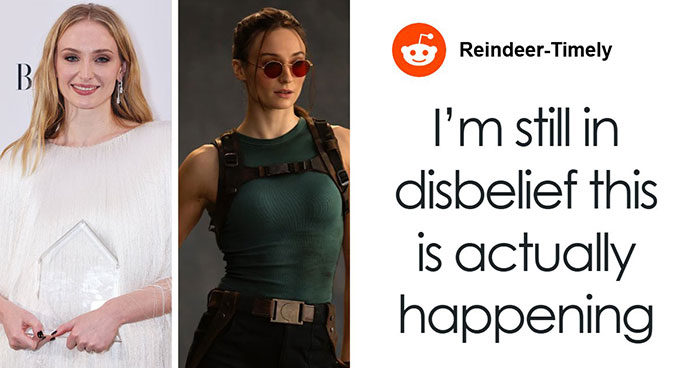
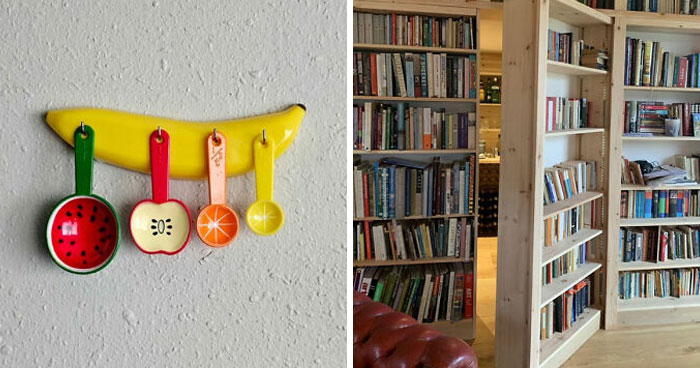

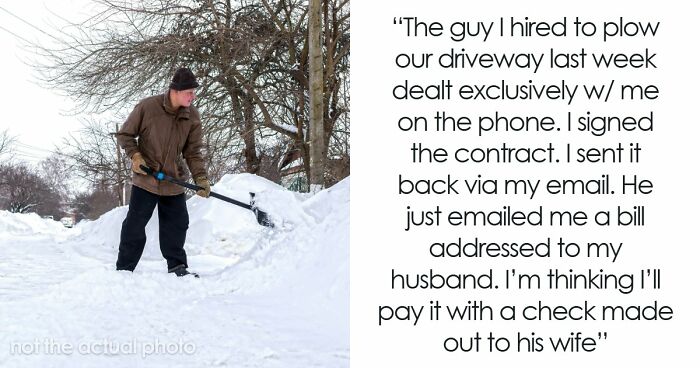
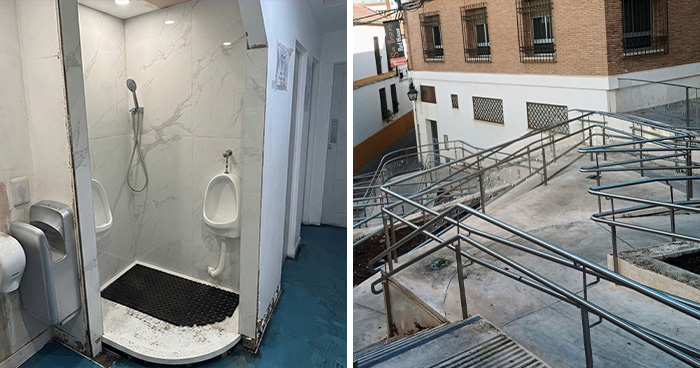
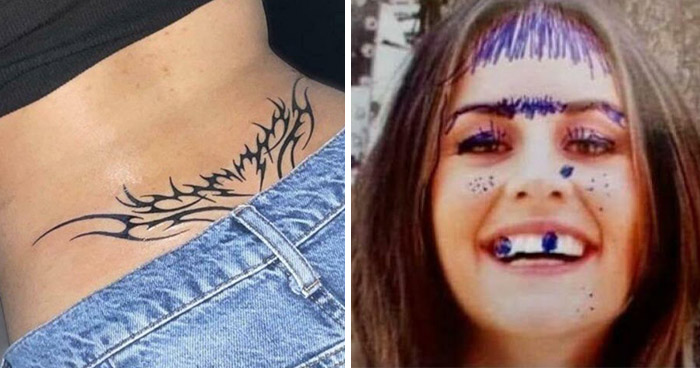
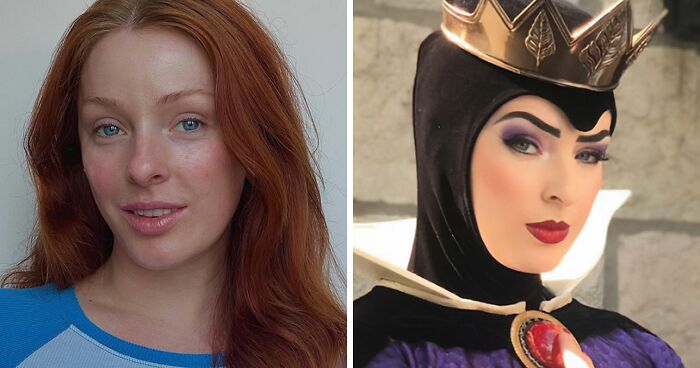
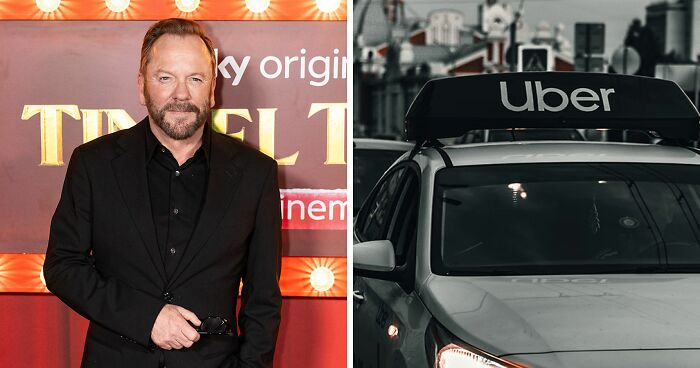
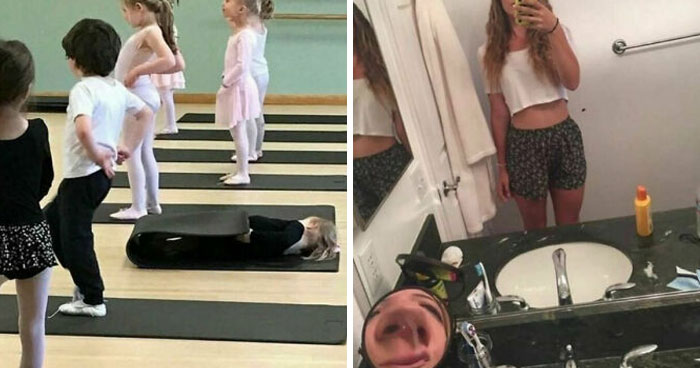
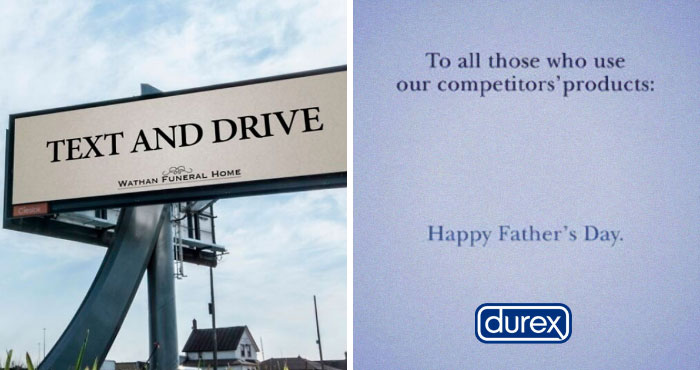

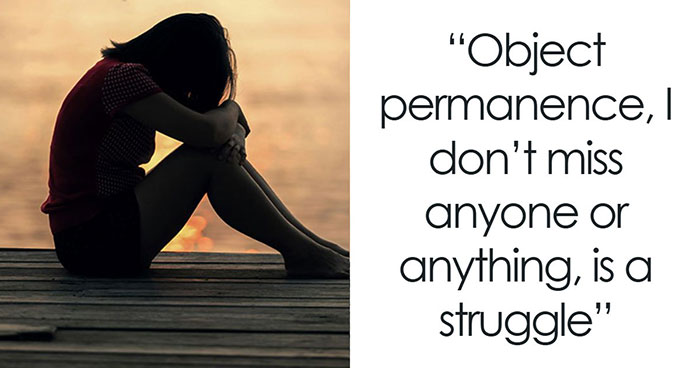
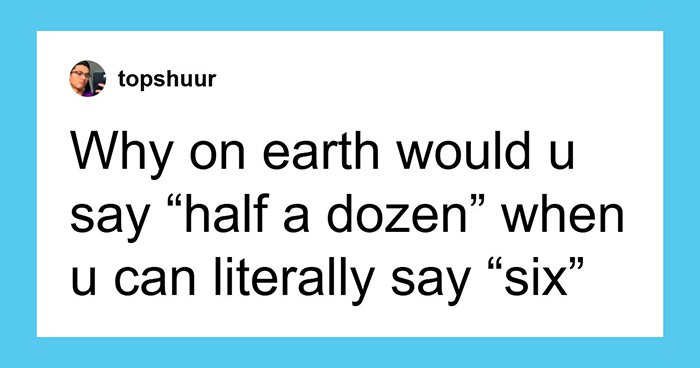


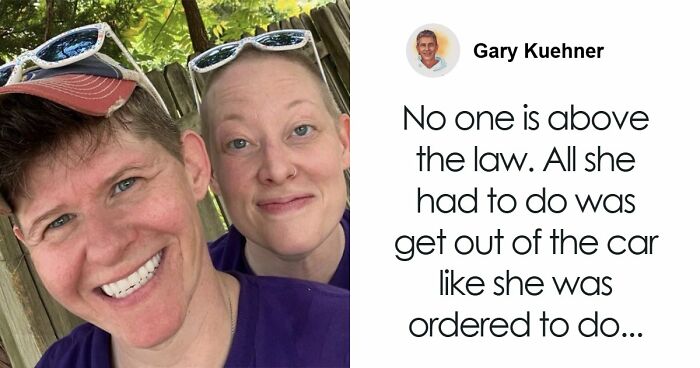

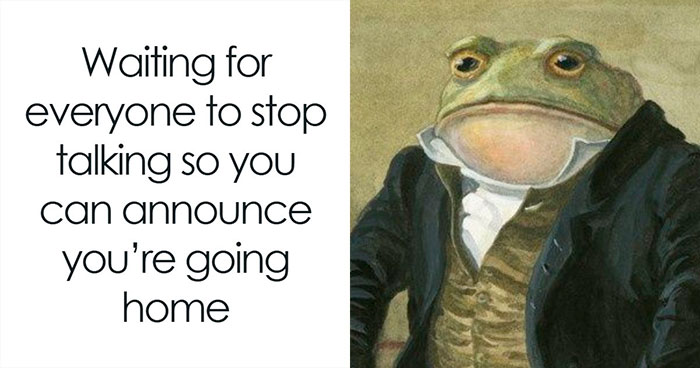
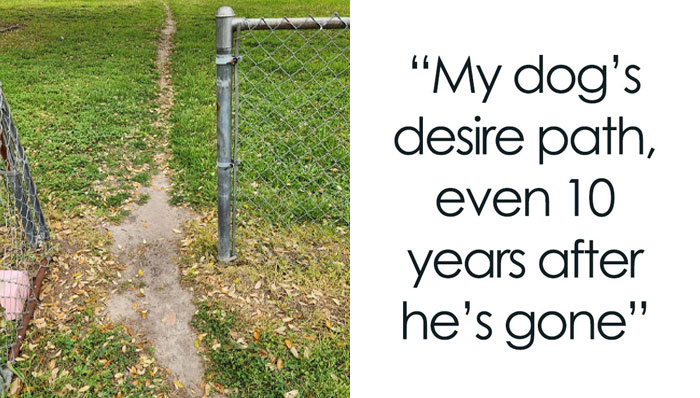

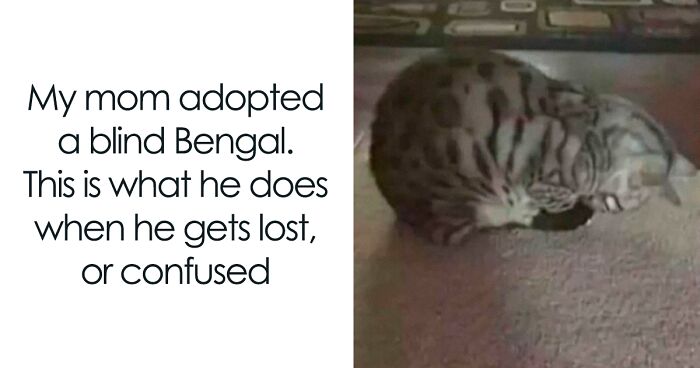
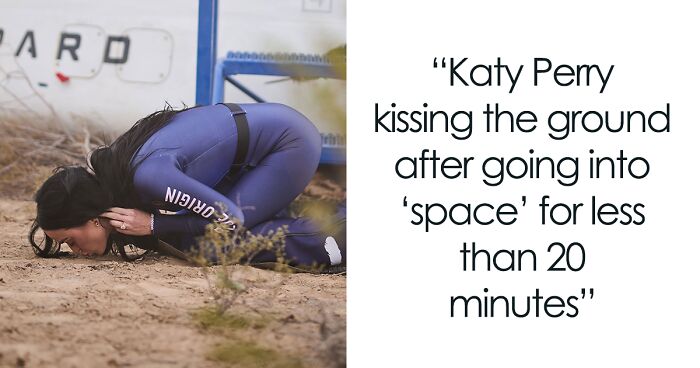
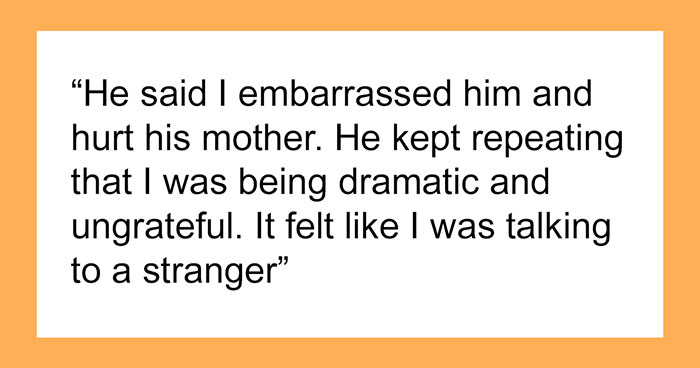

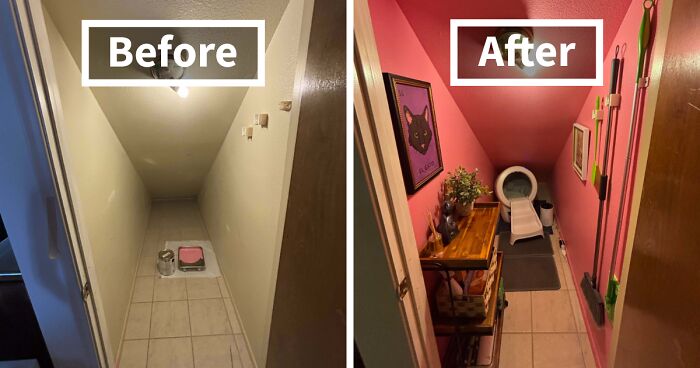
13
7